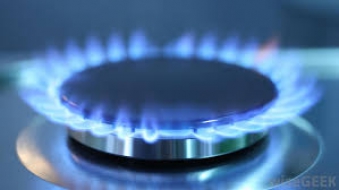Australia Eyes Gas Market Overhaul
The Council of Australian Governments' (COAG) Energy Council has agreed to a comprehensive reform package to make the gas market more competitive.
The council, comprising federal and state energy ministers, met on August 19 in Canberra where it decided to form Gas Market Reform Group to implement the gas reform package, including working with industry and users of gas on how to achieve more competitive supply.
Major areas of reform include: better information for trading in the market; creation of trading hubs in the north and south; easier access to transport infrastructure; better pricing information; and encouraging more gas supply and more gas suppliers, especially in Australia’s east coast markets.
The council stated that reports from the Australian Competition and Consumer Commission (ACCC) and the Australian Energy Market Commission (AEMC) provide strong evidence to implement the reforms.
“The international price of LNG and the need for improved access to domestic supply is contributing to higher wholesale gas prices. Significant reports on gas market reform from the ACCC and AEMC now provide a strong evidence base and momentum for action,” it said.

Australia’s key oil and gas industry body, the Australian Petroleum Production and Exploration Association (APPEA) said the meeting sent a clear message: gas development is an urgent national priority to protect jobs, ease price pressures on consumers and support the transition to a cleaner energy sector.
“APPEA supports the establishment of a reform group to drive the changes recommended by the ACCC and the AEMC,” APPEA CEO Malcolm Roberts said. “But the strategy and market reforms can only achieve so much if some governments maintain or threaten new regulatory restrictions on gas development.”
He said that the east coast gas market is at a tipping point and tight market conditions are already inflicting real economic and social costs. Victoria must lift its onshore gas production moratorium for the sake of local customers and industry, he said.
In June, Australian state of Victoria extended the temporary ban on hydraulic fracturing as it said it will take more time to reach final decision on unconventional gas exploration. The moratorium was announced in November 2013. In addition to continuation of fracking ban, a hold on granting of new exploration permits for all types of onshore gas (tight, shale, coal seam and conventional gas) will also remain in place.
There has been stiff resistance to coalbed methane (CBM) gas exploration in some Australian states mainly on environmental grounds. New South Wales has seen widespread protests at CBM sites. In the last couple of years the government has bought back and cancelled many permits.
Shardul Sharma


